It was in the second week of March after the first case of COVID19 was confirmed in Pune when reports started emerging from rural areas of people obstructing the entry of city dwellers in the villages. The general reaction of the urban middle class was of disdain on the ‘ignorance’ and ‘meanness’ of peasants until the government enforced nationwide LOCKDOWN on 23rd March that thoughtlessly and mercilessly threw out lakhs of migrants on-street all over India, without rozi-roti and even a roof.
The story I am going to narrate today is about a group of migrants workers that went differently than that of late-lamented Ranbeer Singh told last week, that many had found to be disturbing, and some even complained, was demoralizing. For them, I want to start on a ‘positive note’ today. But please don’t take it as a farcical.
The story goes like this: Seven migrants who were labouring as construction workers in Chennai decided to return to their village in Purulia district when they lost their jobs in the lockdown. It was a long walk of nearly fifteen hundred kilometers. The news of their impending arrival caused little commotion and anxieties in the small settlement.
The villagers had become somewhat aware of the broad nature and character of the Coronavirus, and they had also come to know the significance of social distancing, the term that has newly entered into Indian languages, courtesy the media. The migrants might be carrying the dormant virus in their bodies and spread it into the village unless they go into self-quarantine, the villagers thought.
Most of the mud houses in the village are one or two-room affair, with five to six persons crowding in, many times sharing a corner with the family goat too. This congestion ruled out home quarantine. “The sons of the village are welcome home but should not endanger the health of the family and others”, it was thought.
Discussions went on among the villagers, kins and the incoming migrants who could understand concerns of their folks back home. But on the other hand, they cannot be expected to live out in open for a whole fortnight. The dialogues went on to and fro and finally lead to a novel idea: for a fortnight, they will live on the tree tops outside the village boundary!
Arrangements comparable to any tree top resort in cities, sans ‘services’, were ready before the city guests arrived to live their quarantine. The villagers set up seven string beds or khatiyas on tree branches, secured tightly by ropes, each provided with a quilt, mosquito net, and water bags. Wires were drawn on bamboo poles from a nearby home to provide light. The migrants were more than happy with this welcome. They asked for more distancing of the beds and these were rearranged immediately on three different trees. They took their positions on allotted beds immediately with their bags and baggage.
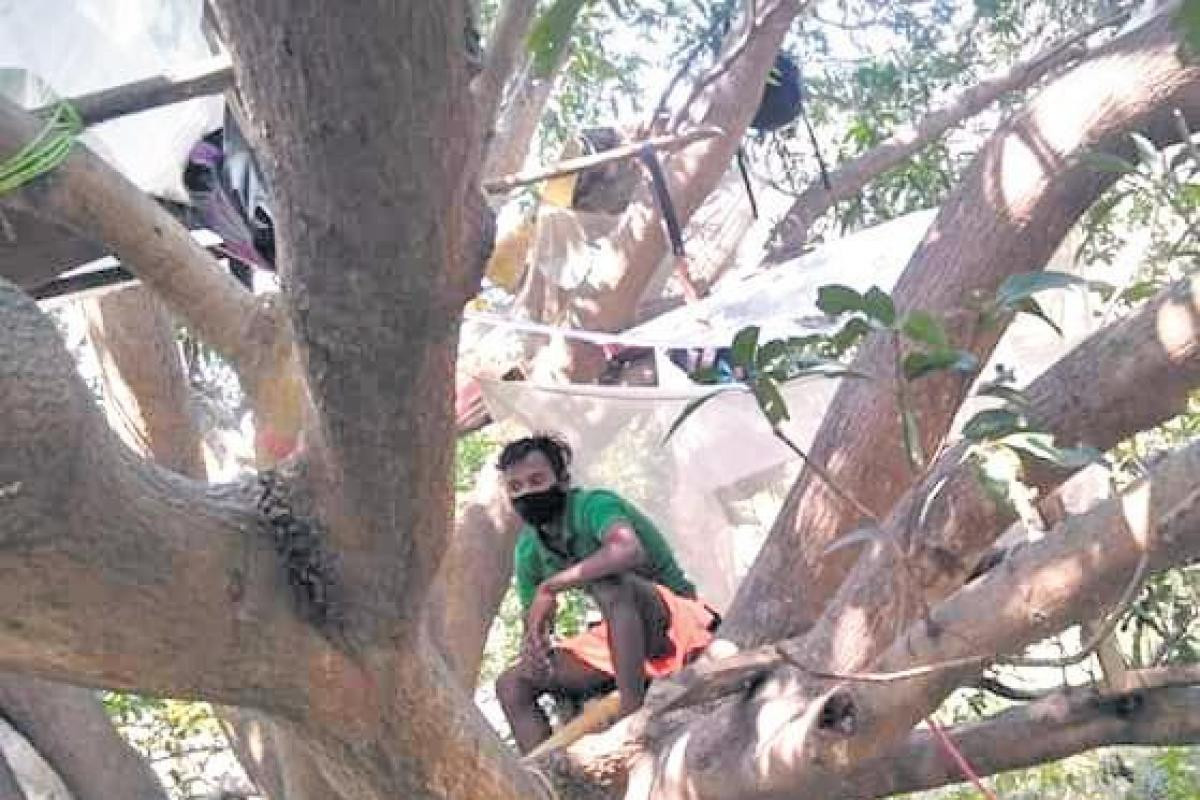 The migrants will come down two or three times a day. A stove was provided on the ground for them to prepare tea. Their family members in the village would bring tiffin two times a day and leave it at the foot of the tree. Related man will slip down and have his meal, wash hands and the utensils and leave them there to dry, to be taken away later. A spot little away was earmarked for them to answer nature’s call. Everybody lived happily with this arrangement for five days.
The migrants will come down two or three times a day. A stove was provided on the ground for them to prepare tea. Their family members in the village would bring tiffin two times a day and leave it at the foot of the tree. Related man will slip down and have his meal, wash hands and the utensils and leave them there to dry, to be taken away later. A spot little away was earmarked for them to answer nature’s call. Everybody lived happily with this arrangement for five days.
The tahsildar who came down to verify if they were following the quarantine expressed his approval. The villagers are used to spend nights on the tree top beds during seasons to guard their crops from wild animals. For them, it was not extraordinary at all! But when the DM heard the story, he was shocked. He thought it silly, and inhuman, even illegal! The villagers might be accused of violating fundamental rights!
The furious Saheb himself dashed to the village. The villagers tried to explain to him but he won’t listen. What will higher-ups say to him? And what, God forbid, if the news reached to Delhi that might take a very dim view of the DM’s performance? Or lack of his authority perhaps? No, this can’t be allowed.
On his command, the accompanying officers found out, little away from the village, an old and unkempt dusty property erected long ago for some now-forgotten government welfare scheme!
It was cleaned, repaired, whitewashed and was made habitable. When the migrants enquired of toilet facilities, two mistrys and two plumbers were urgently summoned from the city and the DM himself camping for supervision, a toilet block was ready by the evening. The district officers left only after ensuring the migrants shifted to the new government camp!
The story is simple, but therein lays a big message: that left to them, the villagers are quite intelligent and capable to solve their problems, in an inclusive, democratic way. And with a touch of compassion. Not like the distant governments, big and very powerful, who would throw out lakhs of migrants in the streets at midnight with thoughtless and ever-changing fiats. The difference is in approach to other humans: for the villagers, the migrants were their own sons and daughters.
Meanwhile, the tragedy of migrants stuck in cities without jobs and food continues. A further extension of three weeks announced by the PM yesterday has spread waves of despair, forcing them to defy the lockdown to escape to their village, inviting confrontations with the danda of the government.
Somebody asked me last week why should the people expect the authorities to do everything for them? I told her that she was absolutely right. People should not expect the government to do anything now and if want to survive, should learn to become self-reliant. It is time we tell our masters that we followed your way of governance for long decades; now let us change the game: please let us go our way!
I think, hope, and pray that will be the beginning of restructuring the new post-corona world. We will return to this point again.
- Subhashchandra Wagholikar
(The author is a journalist stationed at Aurangabad. He can be reached at subhashchandraw@yahoo.co.in)
Read this Article in Marathi: झाडावरचे दिवस
Tags:Load More Tags

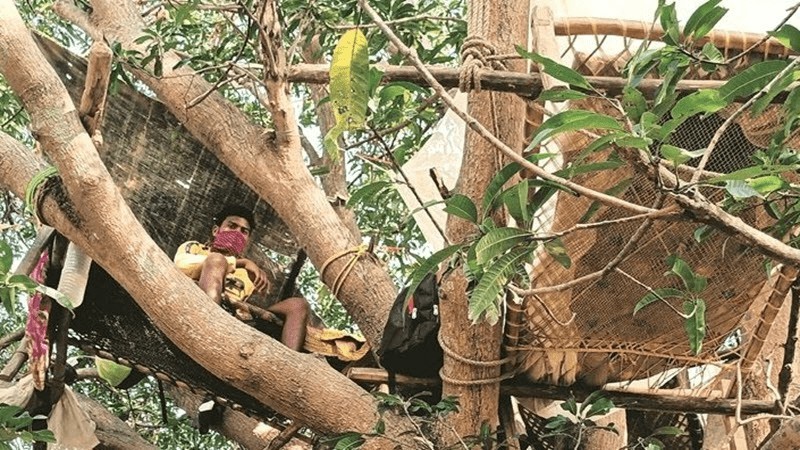



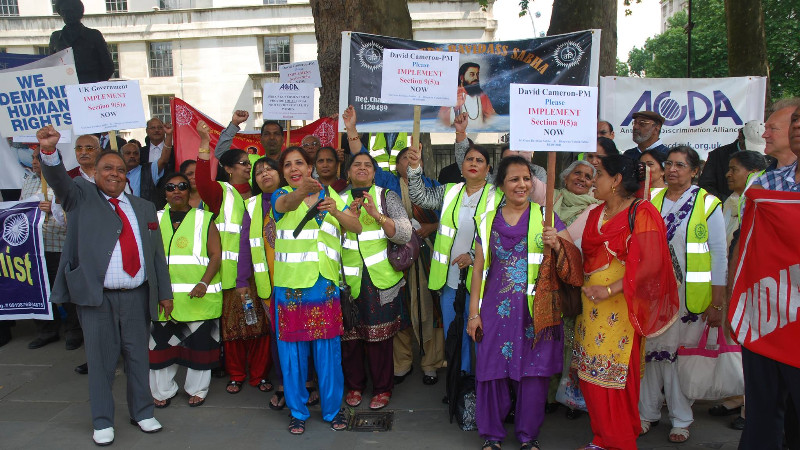

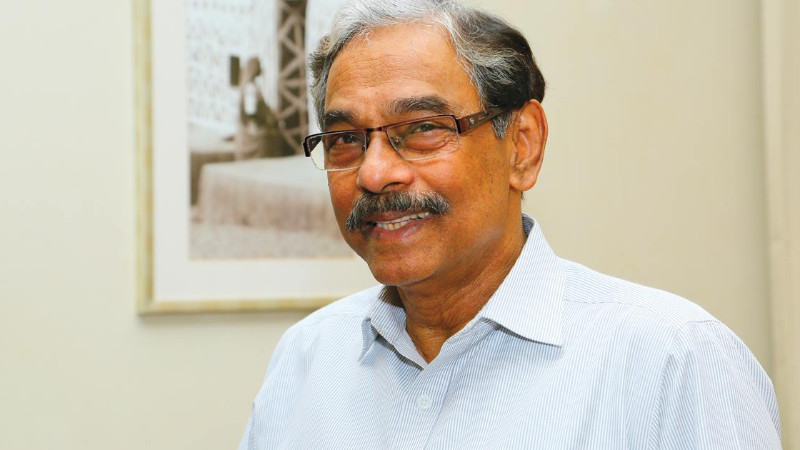
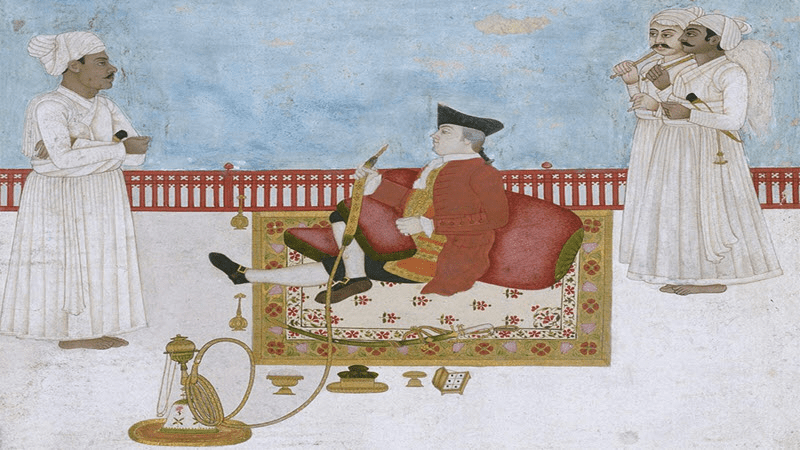
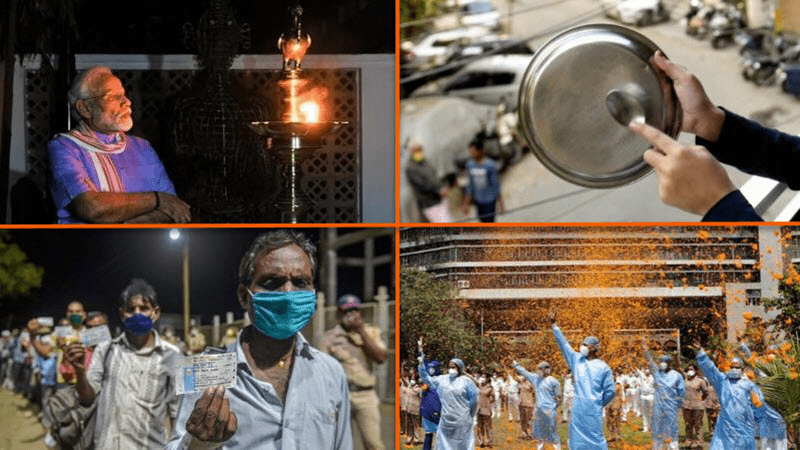
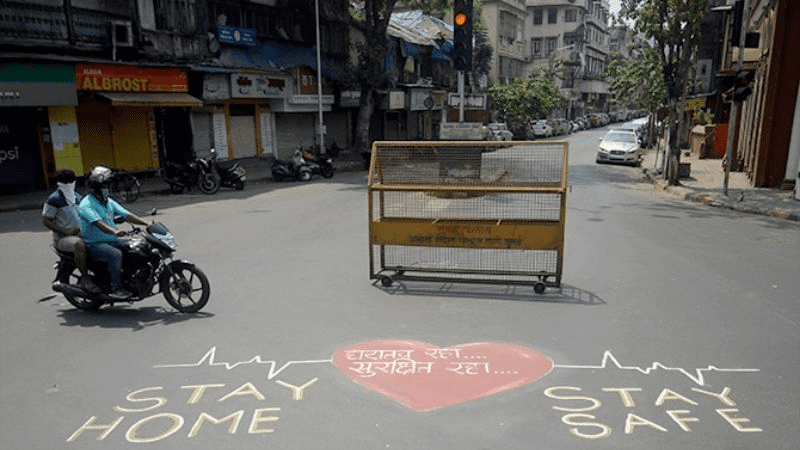
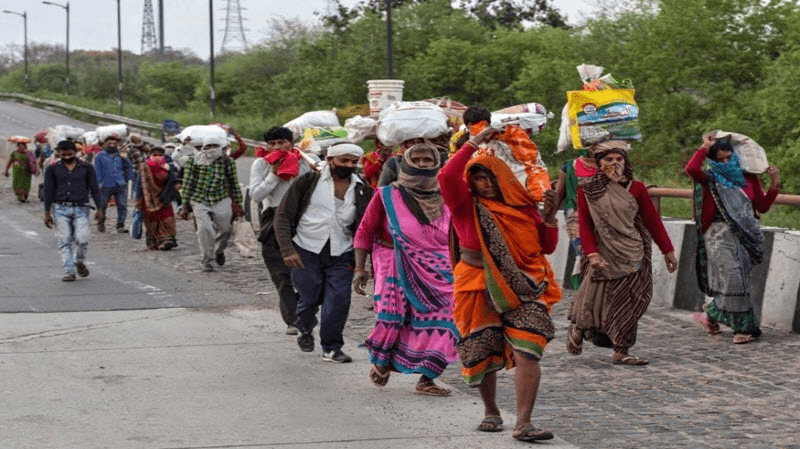

























Add Comment